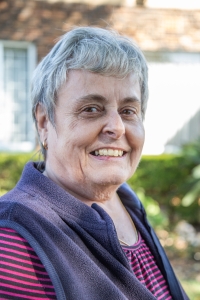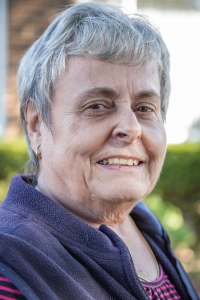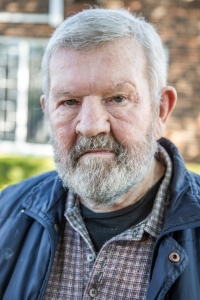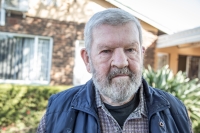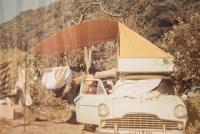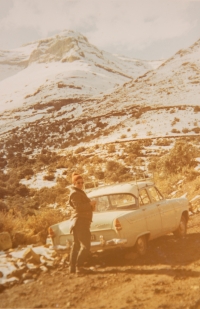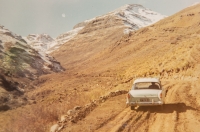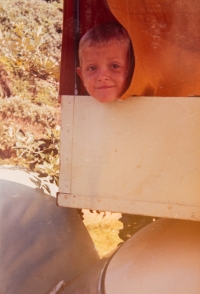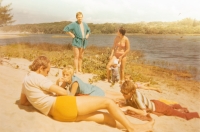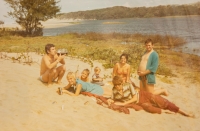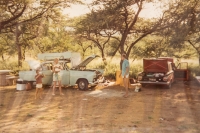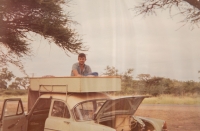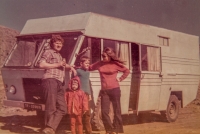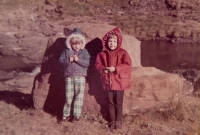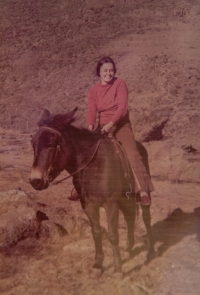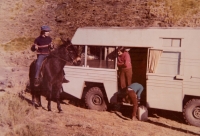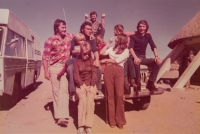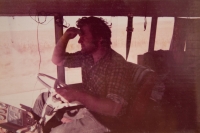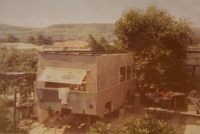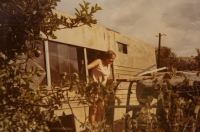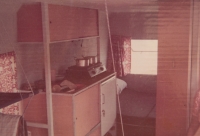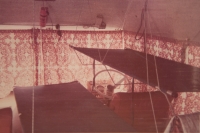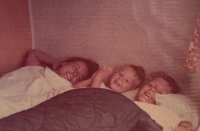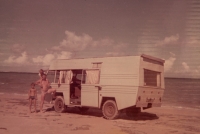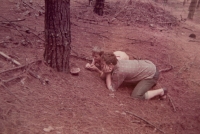We are not coming back here

Download image
Milena Pechoušová, birth name Fialová, was born on August 10, 1945 in Stara Boleslav. Shortly after the war, the family moved to Karlovy Vary. Milena graduated from secondary pedagogical school and worked as a teacher in a kindergarten. In the late 1960s, she and her husband began to build their dream house in the Karlovy Vary region. After August 1968, however, they decided to emigrate. Their original plan to go to Canada did not work out, so in the winter of 1969, in Vienna, they decided to go to South Africa (SA), a country they knew almost nothing about. Milena’s family overcame the difficult beginnings on the new continent thanks to the helpful attitude of the immigration office, which took care of the incoming Czechoslovaks, and the warmth of the South Africans. Although they initially faced a strong language barrier and lack of money. Fortunately, her husband Jiří soon found a job. Milena later made a living drawing maps or sketches of components to produce transformers. As a result, their standard of living began to rise, and the Pechous soon managed to afford their own house in Pretoria. A key role in their lives was played by the community of compatriots sustained around Sokol, which was formed in Johannesburg in 1972. The family spoke only Czech at home and still maintains Czech customs. Milena Pechoušová had lived in Pretoria for more than half a century during the interview (2021).




